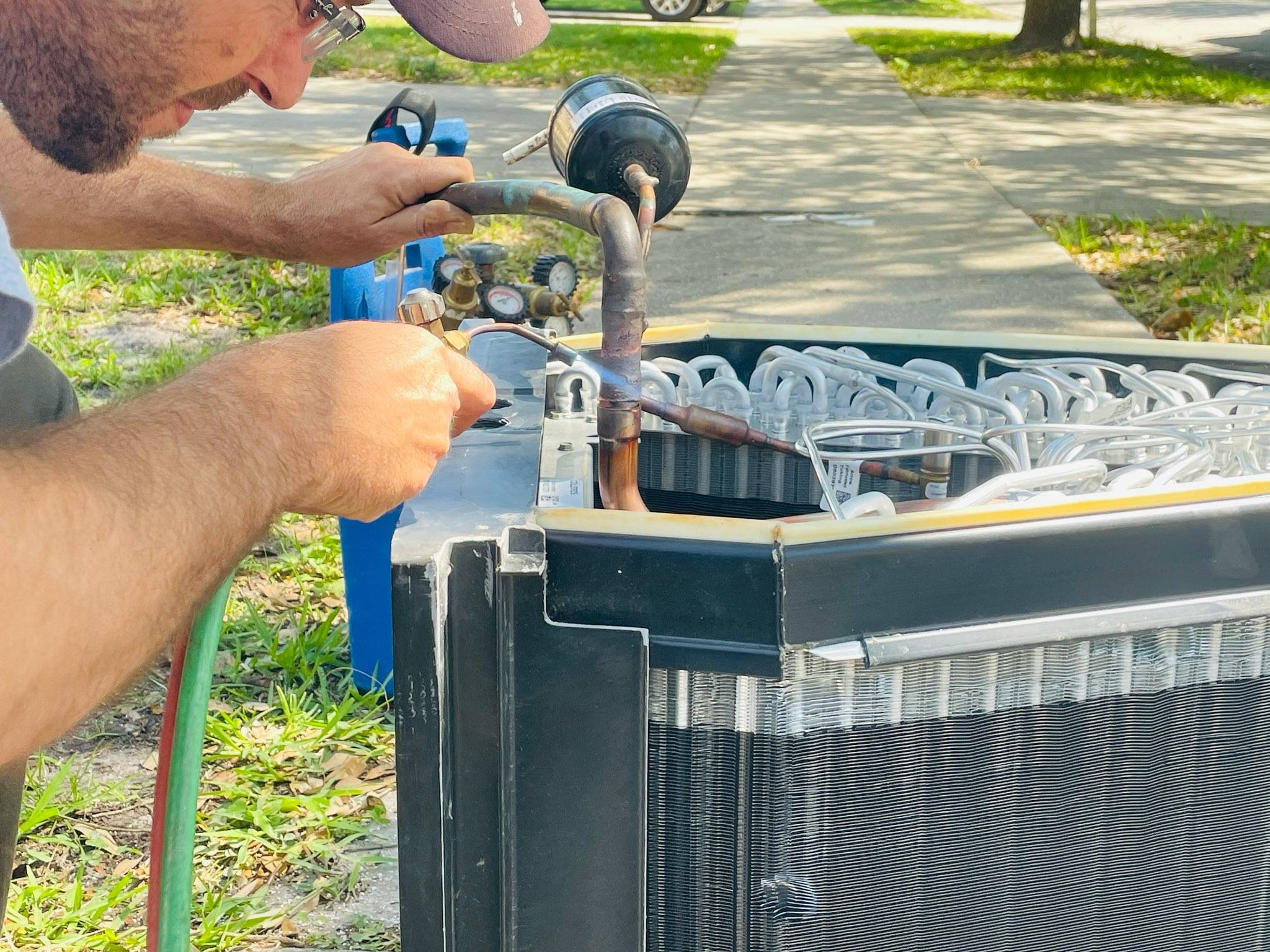
Living in Florida is a tropical dream—but when that dream turns sticky and sweaty indoors, it’s time to take action. Humidity can make your house feel muggy, damage your belongings, and even mess with your health. If you’re a homeowner in Tampa or the surrounding neighborhoods like Hyde Park or near the Tampa Riverwalk, this guide is for you. Let’s dive into smart, simple ways to take control of your home’s humidity.
Why Is Florida So Humid?
Florida is surrounded by warm ocean waters, and the constant influx of moist air means high humidity levels year-round. Cities like Tampa routinely see relative humidity levels above 85%, especially during the summer and hurricane season. This sticky air doesn’t just stay outside—it finds its way into your home, making things feel heavy and uncomfortable.
Signs You Have Too Much Humidity at Home
- Foggy windows and condensation on glass surfaces
- A musty smell, especially in bathrooms or closets
- Sticky skin even when the AC is running
- Mold or mildew spots on walls, ceilings, or vents
Effective Ways to Reduce Humidity in Tampa Homes
1. Use a Dehumidifier
This is one of the most direct ways to pull excess moisture out of your indoor air. Portable or whole-house options are available depending on your space.
2. Keep Your AC in Top Shape
Your air conditioner plays a big role in dehumidifying your home. A poorly maintained unit can struggle to keep up, especially during Tampa’s brutal summers. Whether you’re near Busch Gardens or downtown, our expert Air Conditioner Repair in Tampa, FL is here to keep your system running efficiently.
3. Ventilate High-Moisture Areas
Always use exhaust fans when cooking or showering. If your fans are outdated or ineffective, upgrading them can dramatically reduce moisture.
4. Seal Cracks and Gaps
Use weatherstripping around windows and doors to keep humid air out. Pay close attention to older homes, which are common in neighborhoods like Hyde Park.
5. Install a Smart Thermostat
Modern thermostats can help manage indoor humidity levels by automatically adjusting AC cycles. These are especially useful for balancing comfort and energy efficiency.
6. Improve Indoor Air Quality
Managing humidity is only part of the indoor air quality equation. Check out our comprehensive Indoor Air Quality Services to combat mold spores, allergens, and airborne irritants throughout your home.
Tampa-Specific Humidity Tips
- Landscaping matters: Homes near the Hillsborough River or areas prone to flooding should pay extra attention to yard drainage.
- Avoid “fan only” mode: It circulates already humid air and makes things worse.
- Use moisture absorbers: Products like DampRid are great for closets and bathrooms.
Why Tampa Homeowners Trust Mason Air Conditioning
Whether you’re cooling a historic bungalow in Hyde Park or a condo with river views, we know what it takes to make Tampa homes comfortable year-round. Our technicians understand the region’s specific challenges and offer solutions that actually work. From HVAC repairs to installing whole-home dehumidifiers, we’ve got your back.
Call Mason Air Conditioning today at 727-433-9853 to schedule your indoor comfort assessment.
FAQs
- What’s the ideal humidity level for my home?
Between 45–55% for optimal comfort and mold prevention. - Should I replace my AC if it can’t control humidity?
Not necessarily! A tune-up or adding a whole-house dehumidifier might be all you need. - Is high humidity dangerous?
It can promote mold growth and worsen asthma or allergy symptoms. - Can landscaping affect my home’s humidity?
Yes! Poor drainage can lead to moisture buildup around and inside your home. - How often should I maintain my AC system in Florida?
At least twice a year—before summer and again before winter.